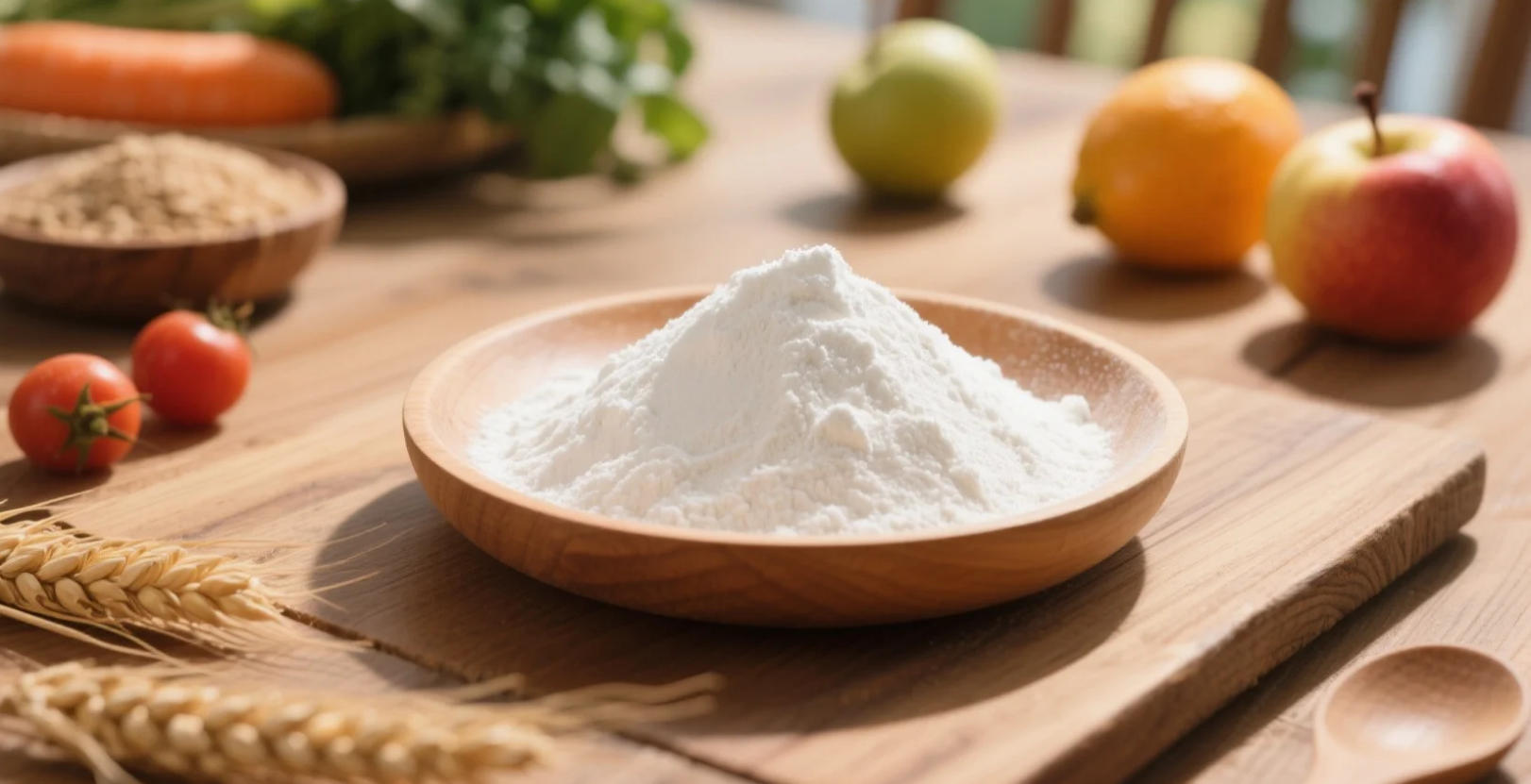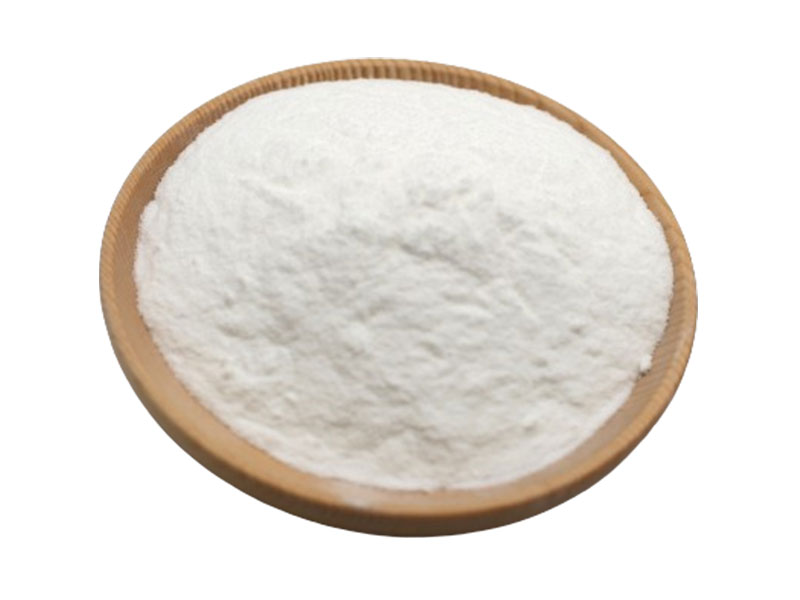As global consumers become increasingly conscious about what they eat, food manufacturers face mounting pressure to reformulate their products with clean-label ingredients. Among these ingredients, organic maltodextrin powder—also known as organic starch powder or organic carbohydrate—has emerged as a preferred choice for brands seeking to balance functionality, taste, and transparency.
The Shift Toward Clean Labels
The clean-label trend is more than just a passing movement—it represents a fundamental transformation in how consumers perceive food. Shoppers are now reading ingredient lists more carefully, avoiding artificial additives, GMOs, and chemical-sounding names. For manufacturers, this means adopting ingredients that are naturally derived, recognizable, and sustainably sourced.
This is where organic maltodextrin powder plays a key role. It delivers the same technical performance as regular maltodextrin but with the added assurance of organic certification and natural processing methods.
What Makes Organic Maltodextrin Powder “Clean”?
Organic maltodextrin is produced from certified organic starch sources, typically organic corn, tapioca, or rice. The production process avoids synthetic chemicals, pesticides, and genetically modified organisms (GMOs), ensuring a pure and natural carbohydrate ingredient.
Unlike conventional maltodextrin, organic varieties comply with strict organic regulations—meaning no harsh enzymes or artificial additives are used in hydrolysis. The result is a clean, white, neutral-tasting powder ideal for a wide range of food applications.
Functional Benefits for Formulators
Food manufacturers rely on organic maltodextrin powder not just for its clean origin, but also for its versatile functionality:
- Improves Texture and Mouthfeel: Adds smoothness to beverages, desserts, and sauces.
- Acts as a Carrier: Stabilizes and disperses flavors, vitamins, and bioactive compounds.
- Controls Sweetness: Provides mild sweetness while balancing flavor profiles.
- Enhances Solubility: Dissolves easily in liquids, making it ideal for instant products.
- Extends Shelf Life: Reduces hygroscopicity, improving product stability during storage.
These properties make it suitable for diverse product categories—from organic sports nutrition to infant formula, beverages, bakery mixes, and functional foods.
Clean Label + Performance: The Ideal Balance
For brands formulating organic or natural products, every ingredient matters. Replacing conventional maltodextrin with its organic counterpart allows manufacturers to maintain performance while enhancing label transparency.
Many clean-label product developers find that organic maltodextrin powder offers the same viscosity control and bulk-building properties as regular maltodextrin, but without the perception of being a “processed” additive. This balance between functionality and consumer appeal is why it has become a go-to ingredient for reformulations in the organic food sector.
Meeting Market Demand and Regulatory Compliance
The global organic food market is projected to grow steadily over the next decade, and manufacturers must stay ahead of this demand. Using certified organic maltodextrin powder not only satisfies consumer expectations but also helps companies comply with organic labeling regulations in key markets such as the United States, Europe, and Japan.
Organic maltodextrin can be included in USDA Organic, EU Organic, or JAS-certified products—providing flexibility for international food exporters. This compliance adds significant value for B2B buyers sourcing bulk organic ingredients for clean-label production.
Sustainable and Ethical Sourcing
Sustainability is another strong reason behind this ingredient’s popularity. Reputable producers, like BIOSTARCH, source raw materials from certified organic farms that promote soil health, biodiversity, and environmentally responsible farming practices.
By choosing organic maltodextrin, manufacturers contribute to a more sustainable supply chain—a key factor influencing brand reputation and consumer loyalty in today’s market.
The clean-label movement has redefined how food and beverage companies formulate their products. Organic maltodextrin powder offers a natural, functional, and sustainable alternative to conventional maltodextrin—helping brands meet both performance needs and consumer expectations.
For manufacturers aiming to create trustworthy, high-quality products with transparent ingredient lists, organic maltodextrin powder is more than just a carbohydrate source—it’s a cornerstone of clean-label innovation.
Recommended Product
Organic Maltodextrin Powder
Versatile Clean-Label Carbohydrate for Food, Beverage & Nutraceutical Applications

